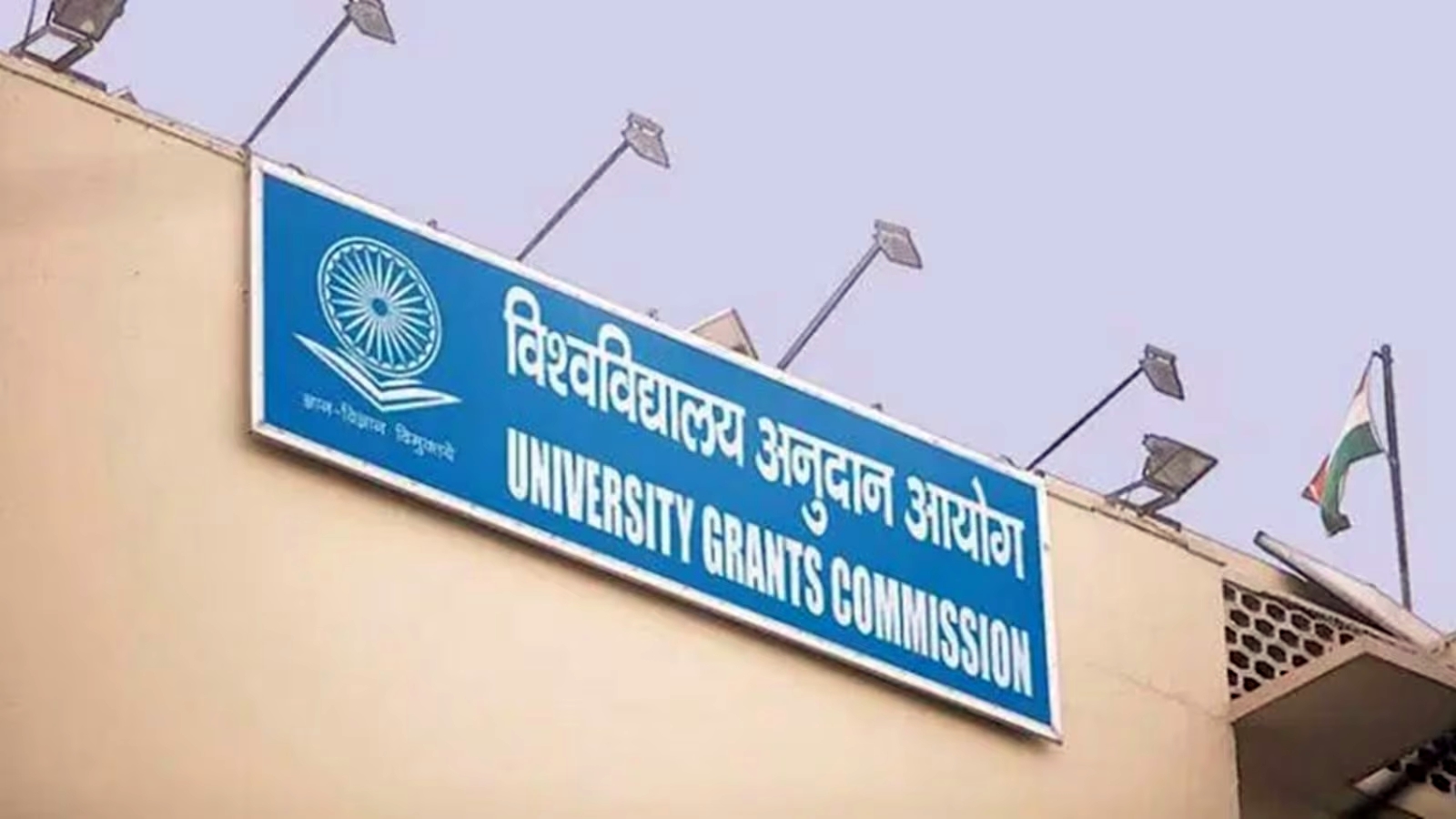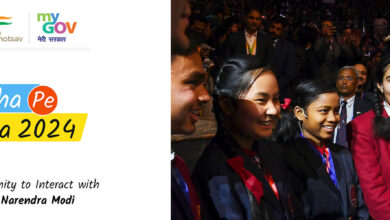
In a significant development, the University Grants Commission (UGC) has officially released regulations enabling foreign universities to set up and operate campuses in India independently. The move, in alignment with the National Education Policy (NEP) 2020, seeks to enhance the global perspective within the country’s higher education system.
The regulations, titled ‘University Grants Commission (Setting up and Operation of Campuses of Foreign Higher Educational Institutions in India) Regulations, 2023,’ outline specific criteria for foreign institutions interested in establishing campuses in India. According to the guidelines, these institutions must secure a position within the top 500 in global rankings or demonstrate exceptional expertise in a specific academic area, as determined by the commission.
M Jagadesh Kumar, the Chairperson of UGC, emphasized that the regulations aim to streamline the entry of Foreign Higher Educational Institutions (FHEIs) into India while ensuring that the education provided on Indian campuses meets the standards of the institutions’ main campuses in their home countries.
Key features of the regulations include the provision of full or partial scholarships for students, mandatory tuition fee concessions for Indian students, and restrictions on online and Open and Distance Learning (ODL) modes. However, a limited portion of lectures (10%) can be conducted online. The regulations also specify that qualifications awarded under these guidelines do not require further equivalence from any other authority.
Vaidhya Subramaniam Sethuraman, Vice Chancellor of SASTRA Deemed University, suggested creating a level playing field by granting administrative, academic, and financial autonomy to the top 100 NIRF Universities in India.
The regulations grant autonomy to foreign universities to recruit faculty and staff based on their criteria. International faculty is required to stay in India for at least one semester. FHEIs are mandated to have their own independent academic and physical infrastructure in India, and collaboration with Indian universities and industries is allowed, excluding the sharing of infrastructure.
According to the regulations, UGC will be the single window for permitting the establishment of FHEI campuses. Furthermore, foreign universities can offer study programs leading to certificates, diplomas, degrees, and research at various levels.
The UGC has also extended the time period for recommendations before approval from 45 to 60 days. However, the final regulations do not specify the initial permission duration, contrary to the draft, which mentioned a ten-year initial period.
In another notable move, the UGC has issued a separate notice cautioning against collaboration with foreign-based educational institutions not recognized by the commission. The notice explicitly states that degrees issued through such collaborations will not be recognized by the UGC. Additionally, the UGC warns against EdTech companies offering online programs in association with foreign universities without UGC recognition.
This initiative by the UGC marks a pivotal step in facilitating greater international participation in India’s higher education landscape. Students and institutions are advised to adhere to the specified regulations to ensure recognition and compliance with UGC standards.
Also Read:




